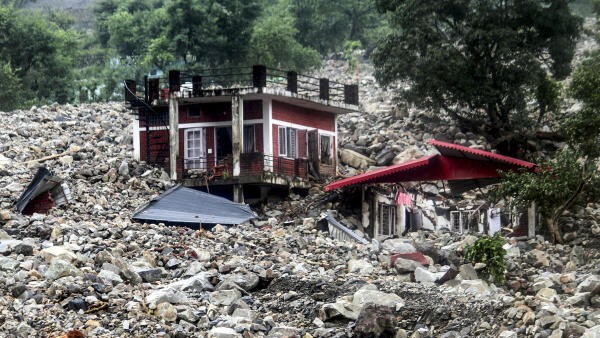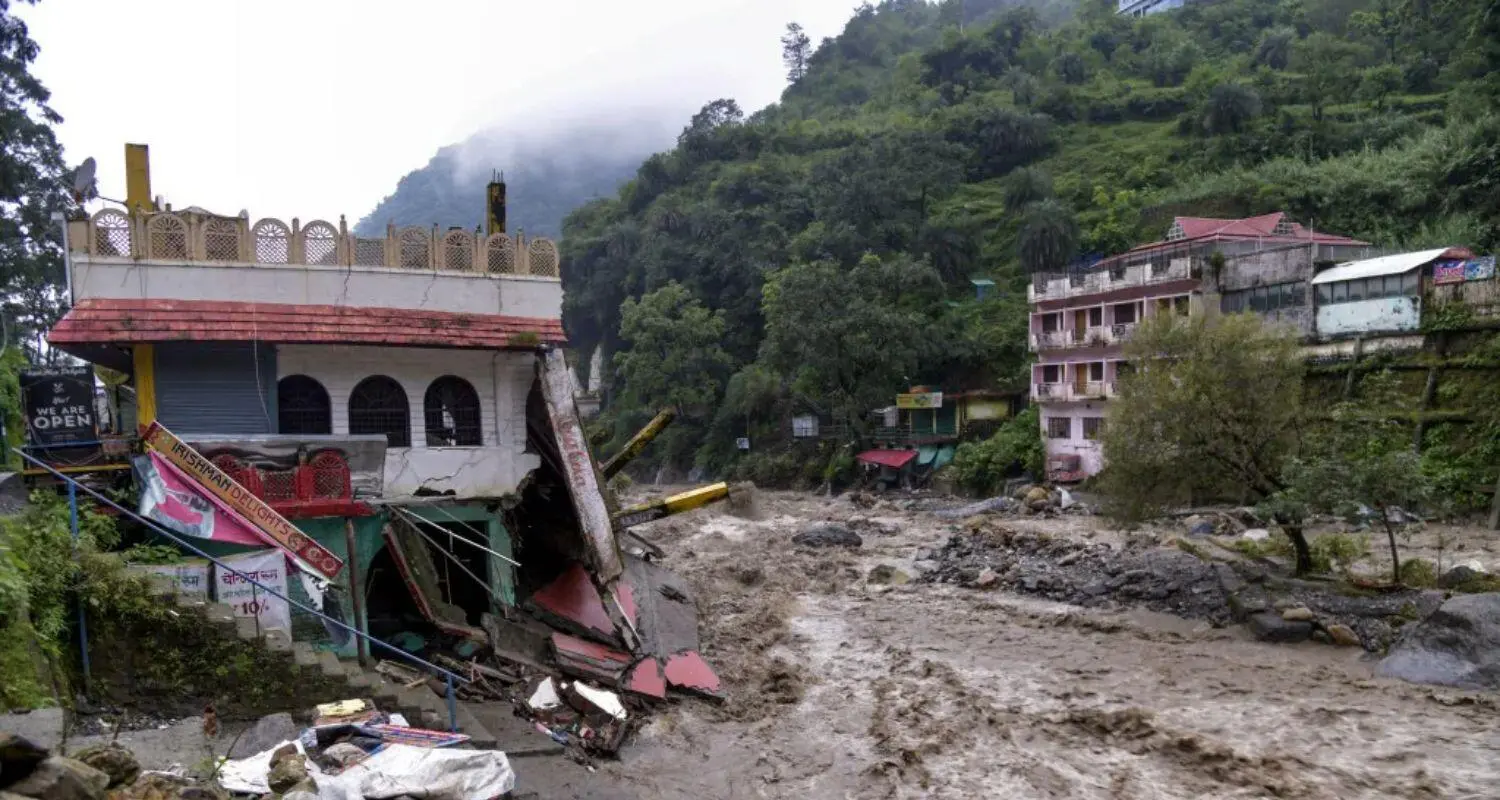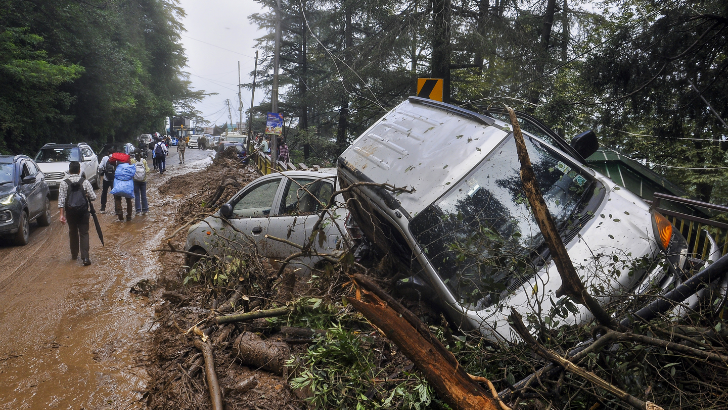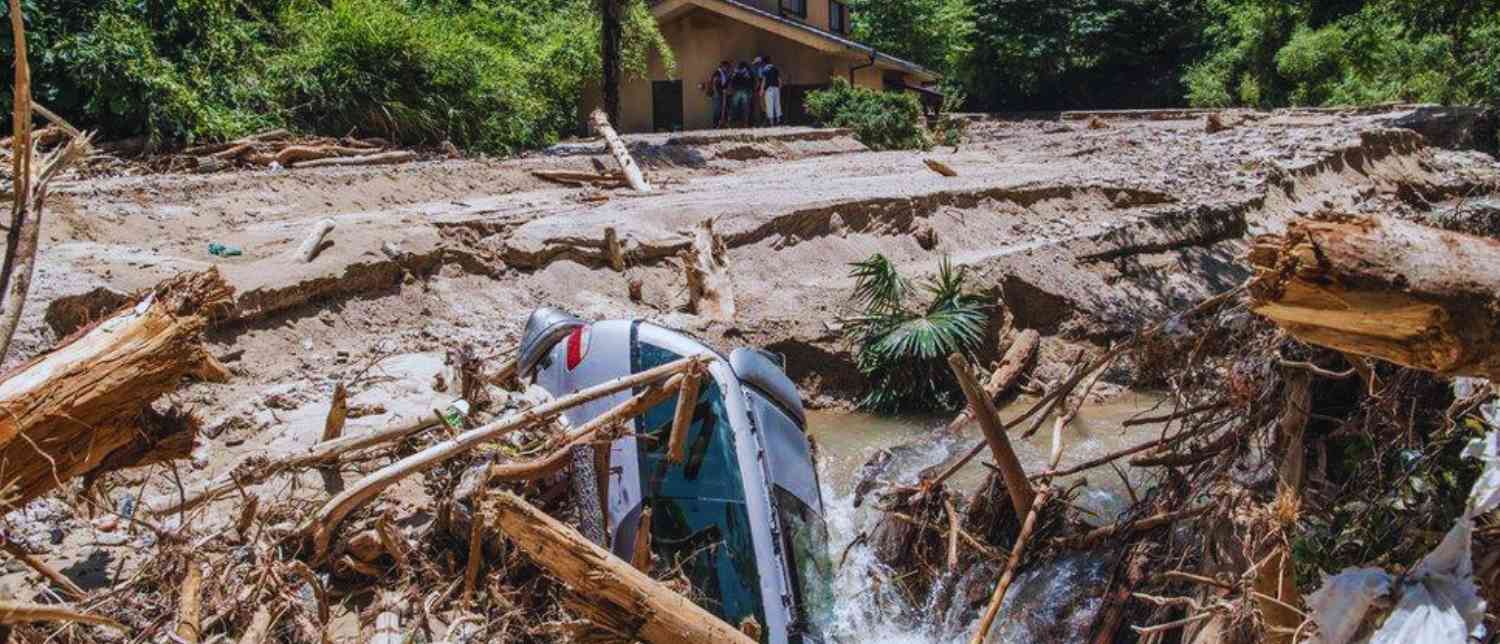Heavy rains and floods in the Dehradun and Mussoorie region have caused severe damage and disruptions, leaving Mussoorie cut off from regular access as roads and bridges were washed away. The recent weather event has stranded thousands of tourists and residents, including patients who require urgent medical care. Local hotels, traders, and authorities have stepped up to provide shelter and assistance free of cost while restoration work is underway.

On the night of September 15 and the following days, continuous heavy rainfall and cloudbursts caused multiple landslides and flash floods. The Dehradun-Mussoorie highway, a 35-kilometer route crucial for connecting the hill town, has been breached at several points, making it impassable for vehicles. Some alternative routes, such as via Vikasnagar, remain open but involve more than double the usual travel distance (around 80 km) and are plagued by occasional blockages from landslides. Authorities have installed a Bailey bridge near Kolhukhet to restore partial connectivity, though it is currently only usable by light vehicles.
The damage is extensive, with 13 bridges and over 20 roads reported damaged, along with embankments and various public and private structures including residences, community centers, shops, and hotels. Landslide-prone areas such as Sahastradhara, Karligad, and others in Mussoorie have been particularly hard hit, with some roads showing damage at nine or more points. Significant soil erosion and debris accumulation have made clearance operations difficult.

The flood’s impact on human life has been severe. At least 17 people have died in and around Dehradun and Mussoorie due to landslides, collapsing walls, and swift currents in rivers. Many others are missing, and numerous individuals have been rescued from dangerous situations by SDRF and NDRF teams. Around 200 students were trapped in a waterlogged college campus and were safely evacuated by rescue squads. Some patients, including those with chronic conditions like kidney failure needing dialysis, have been stranded due to disrupted transport services, worsening their health conditions.
Despite these hardships, there have been encouraging acts of solidarity. The Mussoorie Hotel Owners’ Association declared that tourists who were due to check out when the flooding struck could stay for free along with complimentary meals until they could safely leave. Hotel operators and local traders also coordinated with authorities to facilitate alternative travel routes and aid the stranded people. This gesture was seen as a humane response to the crisis, reflecting community resilience amid adversity.

Government officials and disaster management authorities have prioritized restoring critical infrastructure, such as road connectivity and power supply. Chief Minister Pushkar Singh Dhami emphasized swift repair efforts, reporting that 85% of damaged power lines have been restored. Work is ongoing to strengthen roads and bridges and clear debris as teams deploy heavy machinery like JCBs. The government is also focusing on ensuring the safety of residents by relocating people from unstable areas and distributing relief materials.
The situation also brings into focus the increasing vulnerability of hill regions like Mussoorie to heavy monsoon rains and the growing incidence of landslides. Geological assessments highlight that many critical roadways and residential areas lie in zones highly susceptible to landslides due to steep slopes and fractured rock formations. This underlines the need for better disaster preparedness, improved infrastructure design, and sustainable development practices to reduce risk to lives and property in the future.
Looking ahead, the affected communities and authorities face the challenge of rebuilding while managing ongoing monsoon threats. Restoring connectivity will be critical to resuming normal life and supporting the local economy, heavily reliant on tourism. There is also a humanitarian imperative to support those displaced or injured, ensuring their access to healthcare and basic needs.

In conclusion, the floods in Mussoorie and Dehradun have caused considerable disruption, human suffering, and infrastructure damage. Yet, the collaborative efforts of hotels, traders, government officials, and rescue teams demonstrate the strength of community spirit and the resolve to recover. Continued focus on timely rescue operations and sustainable rebuilding will be essential to lessen such impacts in future monsoon seasons.
With inputs from agencies
Image Source: Multiple agencies
© Copyright 2025. All Rights Reserved. Powered by Vygr Media.























